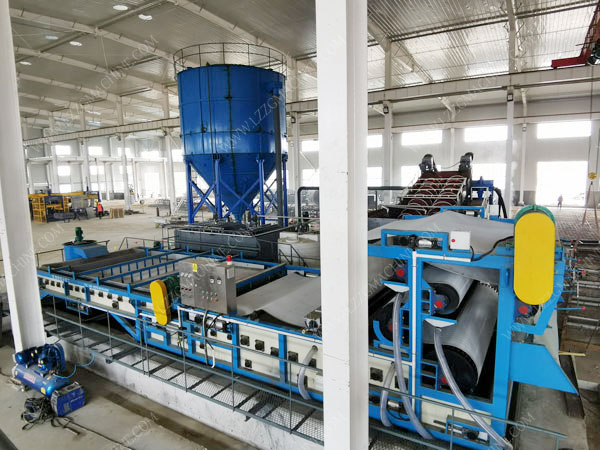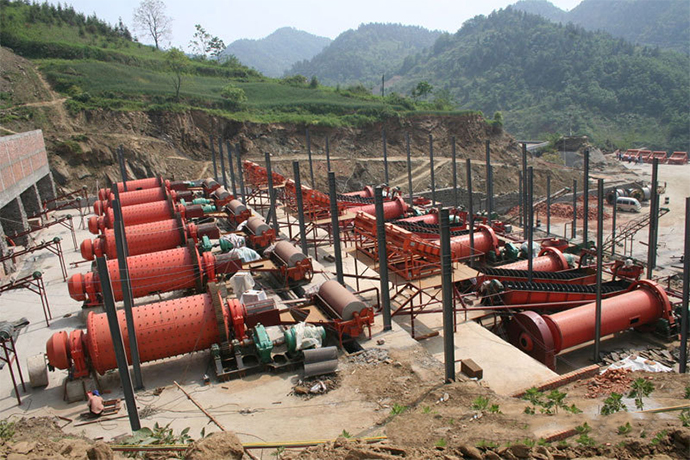According to Fitch Solutions, the Indonesian government is working to extend the value chain of the mining industry in the next few years, and the mining industry will gradually lose its dominant position in Indonesian exports.
Fitch predicts that the export of unprocessed ore will be increasingly restricted. However, exports of unprocessed minerals have stagnated, but shipments of refined metals will show strong growth.
A series of policies will be implemented in the follow-up, ranging from investment incentives for metal smelters to a comprehensive ban on the export of unprocessed ore, encouraging investment in high value-added mining activities, and no longer exporting raw ore.
Nickel was the first industry to implement this policy. In January 2020, the Indonesian government implemented a ban on the export of unprocessed nickel. The ban was initially enforced in 2014 and then relaxed in 2017.
After Indonesia announced the implementation of the nickel ore export ban, Fitch revised the country’s nickel ore production forecast. Analysts currently estimate that Indonesia’s nickel mine production will decline by 60% in 2020, and will only maintain two-thirds of the 2019 production level by 2029.
Other mining sectors, such as bauxite, copper and tin, will eventually face increasingly stringent export restrictions on unprocessed minerals. Currently, Indonesian bauxite miners are only allowed to export when they are building processing plants.
In May 2019, the Ministry of Energy and Mineral Resources of Indonesia temporarily revoked the export licenses of five mining companies due to their lack of progress in the development of smelters. Fitch predicts that with the improvement of domestic smelting capacity, Indonesian bauxite exports will tend to tighten in the next few years.
Relative Equipment
Bauxite vibrating screen, tailings dewatering screen, bauxite washing equipment.





